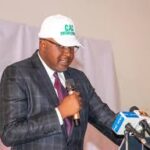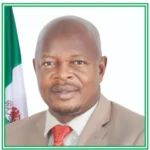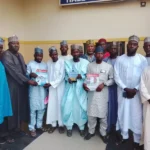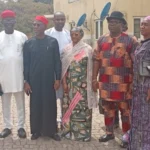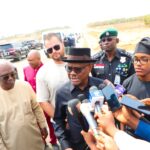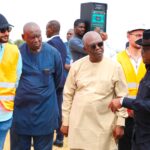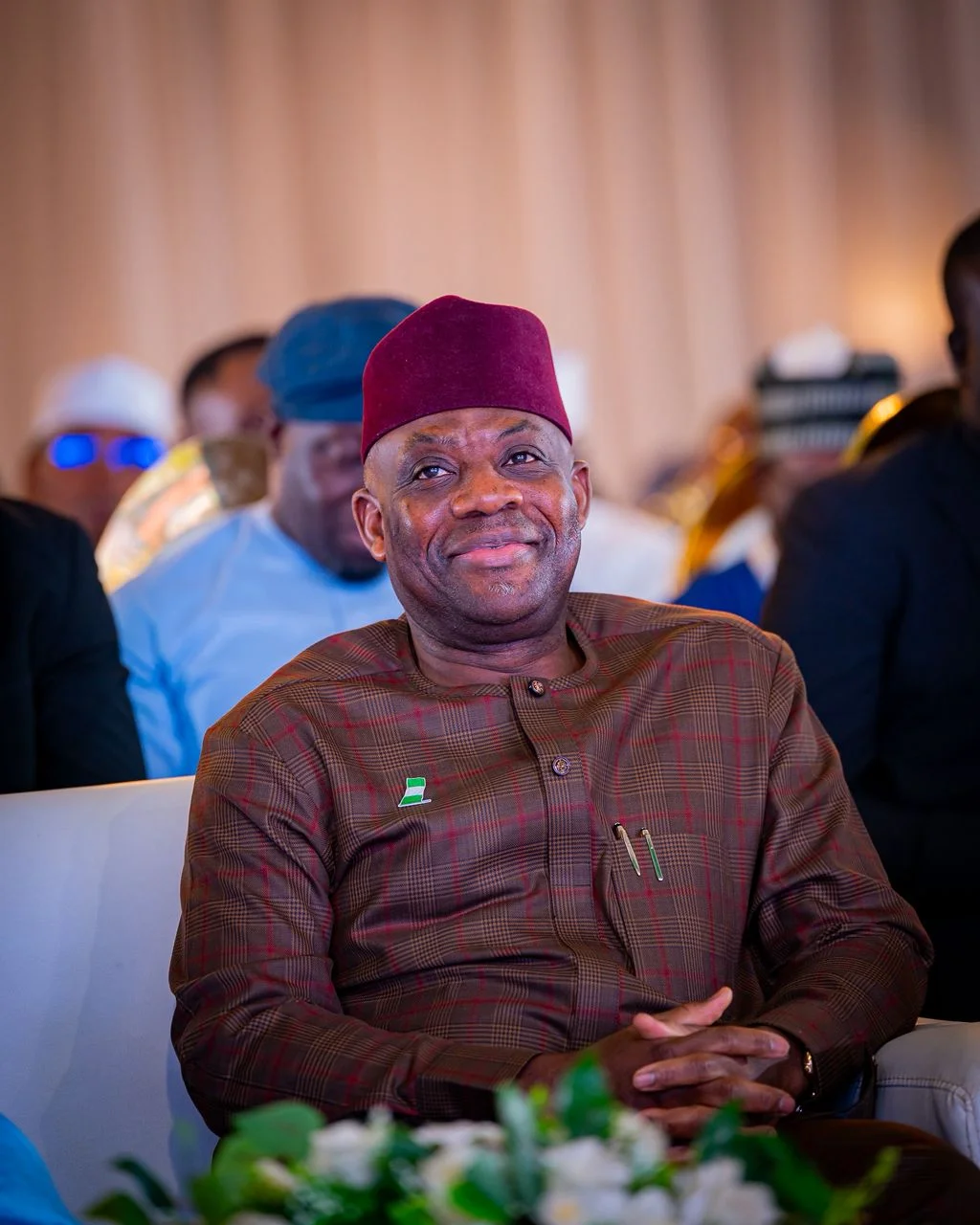By Fortune Abang
Gov. Peter Mbah of Enugu State has stressed the need to bridge the gap between international best practices and the urgent developmental needs of Nigeria’s higher education system.
He made the call on Monday in Abuja at the inauguration of the Diaspora BRIDGE, with the theme “STEMMing the Gap for a Better Nigeria,” organised by the Federal Ministry of Education.
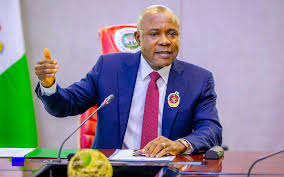
The BRIDGE platform enables Nigerian scholars and professionals abroad to register as collaborators by submitting their credentials and areas of expertise.
According to Mbah, the initiative is designed to match diaspora expertise with local institutions based on identified needs, fostering targeted collaborations aligned with Nigeria’s development goals.
“In addition to serving as matchmaking-hub for expertise and institutional needs, the BRIDGE empowers Nigerian tertiary institutions to conduct self-assessments, identify gaps in teaching and research, and express interest in specific collaborations.
“This forum offers more than a passive nod to education as the single most important sector upon which Nigeria’s socio-economic fate depends.
“For years, understanding of the role of the Nigerian diaspora was mostly via the basic economic lines of their remittances.
“What has been lacking is a formal platform where their expertise and collective financial part could be hosted. Let us recognise, however, that this gathering is not just for the discussion.
“It is urgent call to reconnect global expertise with local purpose.
“We must build living bridge between rich patterns of our diaspora and developmental needs of Nigeria’s higher education system,” Mbah said.
He reiterated that future generations of Nigerian graduates must not only be globally competitive but also serve as innovators tackling challenges such as food insecurity, climate change, energy, digital transformation, health, and sustainable development.
According to him, the goal should not merely be to train students for the workforce, but to engage them in building a two-way learning ecosystem that connects local innovation with global expertise.
“In Enugu, we are pioneering a 40-60 tertiary education principle. 40 per cent of our curriculum is laser-focused on Enugu’s strategic economic sectors.
“Also, agriculture, tourism, renewable energy, digital economy, creative industries, mineral resources and health technology: 60 per cent prepares our students for national, continental and global opportunities.
“This is to ensure the graduates are world-class professionals who can thrive, innovate and reach anywhere. To build a future of prosperity.”
According to him, his administration prioritises education, healthcare, technology, and science as core components of its human capital development strategy.
He added that, in addition to constructing 260 smart green schools, the state government had allocated 33.2 per cent of its total budget to education to ensure sustainable growth in the sector.
“In the last 18 months and by September this year, we would have constructed 6,500 classrooms. These classrooms are not just sheds, even though we may be enthused about the bricks and mortar structures.
“What is exciting about these structures is that each of these smart green schools features a robotic centre, an artificial intelligence centre, a mechatronic centre among others.
“Where we provide virtual reality and augmented reality for our young people to learn.
“Hopefully, the Diaspora BRIDGE will be integrated to accommodate basic education sector and build from bottom-up,” he added.
He restated that the measures were designed to create enabling environment for the effective teaching and learning where each classroom had smart digital voice, as well as receive tuition from diaspora experts.
“Also, each smart school being powered by a 65 kVA solar system with integrated smart farm will provide platform for e-learning and of course, technology resource.”
He identified other achievements recorded in the state to include construction of 262 family healthcare centres across all the wards in Enugu, five-star hospital for medical tourism and upgrading of nursing programmes.
“We must be able to connect those dots by ensuring a future of prosperity. We believe education is a cornerstone of progress and a bedrock upon which every society’s future is built.
“To achieve human capital development, our graduates must be healers and problem solvers at home, and knowledge economy leaders globally.
“Our universities are becoming a development ecosystem where students, educators, diaspora and communities co-create meaningful, sustainable impact tied to SDGs and local priorities.
“In addition to expanding seven public tertiary institutions, we are establishing the Enugu State University of Education and Technology, and the Enugu State University of Agriculture and Technology.
“Innovation is the language of the 21st century. We are establishing eight science, technical and vocational schools across Enugu State,” the governor said. (NAN) (www.nanews.ng)
Edited by Kevin Okunzuwa

